The performance of the Italian armed forces during the Second World War has been the butt of jokes for over 70 years. However, the notion that the Italian army (WW2) fought poorly and surrendered readily is not exactly true as there are examples of Italian forces fighting quite successfully and bravely.
But the widespread belief seemed to be that the Italians were cowards, with disasters such as the failed takeover of a much weaker Greece and ineffective fighting in North Africa used as evidence. While these and other military mistakes by Italy do stand out, these debacles were not due to soldiers’ cowardice: what the Italian military lacked during their offensive campaigns was not bravery, but modern weaponry and good leadership, along with a clear lack of desire to achieve Mussolini’s goals.
Italy WW2 – Poor Weaponry
When Germany invaded Poland in 1939, Italy was in no way ready for an offensive war. However, Mussolini desperately wanted to participate in the redrawing of the map of Europe and overlooked the state of Italy’s military-industrial complex in order to feed his ego.
Italian industrial power was a mere fraction of that of Britain, France, or Germany and was not ready to produce the guns, ammunition, artillery, tanks, and trucks on the scale that was needed. When Italy entered the War in 1940, its forces were equipped more in line with the First World War, rather than World War II.
Italy’s artillery included vestiges of the previous century, with a contingent of horse artillery and many leftovers from World War I. The newer models, while very effective, were never made in large enough numbers. Modern tanks were virtually non-existent at the start of Italy’s war effort, as all that was available were lightly armored vehicles and “tankettes”. By the time Italy started producing better tanks and mobile artillery that could compete with allied weaponry, it was too late to make a difference.
Small arms, such as Beretta pistols and automatic rifles were very capable, but several machines and sub-machine gun types were often poorly made. Even the shoddy models were always in short supply since Italy lacked the industrial strength for mass production.
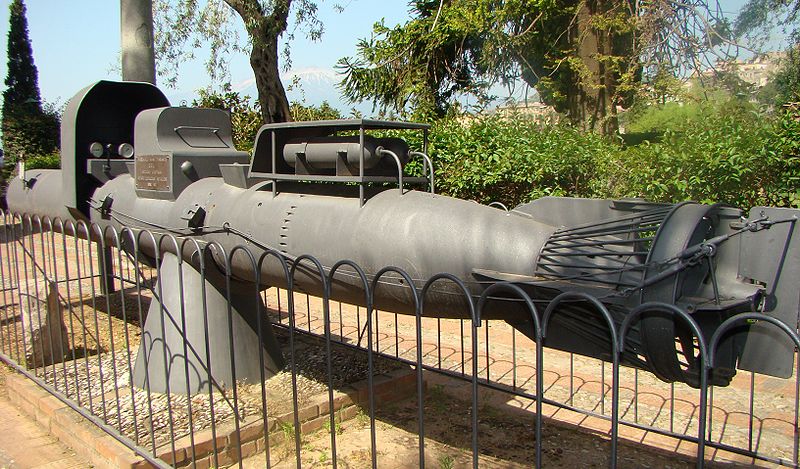
The Italian shipyards produced (or retrofitted) fast and well-designed ships, but they had the fatal flaws of being light in armor and without radar. To combat their shortcomings, the Regia Marina created cheap, but nearly suicidal craft such as Explosive Motor Boats and Il “Maiale”, a two-man human torpedo/mine – hardly the equipment to inspire confidence, but certainly an example of Italian bravery.
Italian airpower looked good on paper, but was virtually non-existent, with only a few thousand aircraft at the start of the war, many of them bi-planes. The few modern aircraft created were underpowered, poorly designed, and no match against allied fighters. The Regia Aeronautica also had the deplorable task of dropping poison gas during the conquest of Ethiopia to the disgust of the international community.
Italy WW2 – Poor Leadership
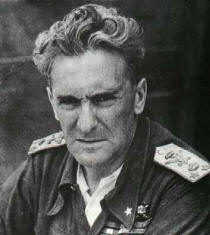
Of all the major military forces involved at the start of World War II, Italy had by far the least competent high command. Mussolini, the leader of Italy during WW2, filled the officer positions with men whose only “qualification” was loyalty to Il Duce. With this said, the Italian military was already one step back from success.
Before the start of hostilities, Italy did have some capable generals – especially those who experienced the mistakes made during World War I. However, things would change once Mussolini attempted to militarize Italy as he would purge the country of anyone whose allegiance was questioned. Many men from titled families, whose ancestors had been fighting for centuries were considered more loyal to the King, and so stripped of their status and given menial positions.
Anyone unlucky enough to be more outspokenly against Mussolini would be sent to the confino and exiled to wastelands like Italy’s holdings in Somalia to suffer in the heat. What was left were a group of military commanders short on any talent or innovation, but long on loyalty to Mussolini’s long-term fascist goals.
The Italian navy, with a limited number of fighting ships, was handcuffed by an extremely conservative approach by its admiralty. Conversely, men like Rodolfo Graziani, the “Butcher of Ethiopia” were loyal to Mussolini until the end and would throw his men into fights he knew that they could not win. It would not take long to prove how poorly the high command would lead Italy’s troops and unfairly put into question their bravery.
When the poorly led Italian troops were used in conjunction with, or under German forces, they fought considerably better. The Italian forces that participated in Hitler’s invasion of Russia were known to have fought particularly well. Despite facing vastly superior numbers of Soviet troops and harsh weather. In fact, the bravery of the Italian Alpini (mountain troops) and Voloire (horse artillery) regiments during Operation Barbarossa was legendary. Even when the entire offensive started to fail, Radio Moscow was heard to say “Only the Italian Alpini Corps is to be considered unbeaten on the Russian Front.”
On several occasions these brave men were surrounded by enemy forces, only to successfully battle back to their own lines. Italy’s attempt to take over Greece was a complete disaster; Italy was beaten back by the much weaker Greeks into Albania. Once Germany took over the Greece campaign, the Italian forces under their command fought much more effectively than under their own generals, whom they regarded as little more than Mussolini’s butchers.
Italy in WW 2 – Poor Willingness to Fight
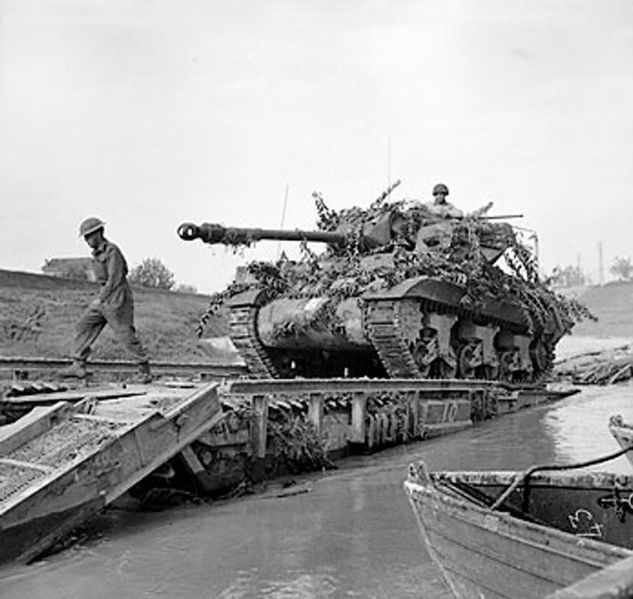
In truth, Italy seemed uninterested in war from the start. The announcement of Italy’s entrance into the War was not met with enthusiasm, but despair. It seemed that only Mussolini and his Fascist cronies were interested in fighting. With the Fascist Regim and Mussolini, the leader of Italy during WW2, victory wasn’t doomed. Still, in 1940, Italy started out on the attempt to conquer the Mediterranean with troops that had no faith in their commanders or a desire to fight.
The botched attempt to take over Greece was met with fierce resistance from men fighting for their lives and homeland: the Greeks were ready to die for their freedom; the Italians barely knew what they truly fought for.
A willingness to fight and/or a desire to protect your homeland are two factors in warfare that should never be underestimated. History has countless examples of how these factors have turned the tide against vastly superior foes, such as Ancient Greeks defeating the mighty Persian Empire.
More recently, it has been shown that modern leaders often do not learn from the past, but are instead doomed to repeat these military blunders. The Soviet defeat in Afghanistan by the Mujahideen, the defeats in Vietnam for both France and the United States, and the 2000s war in Iraq are all testaments to how a determined force, willing to fight and die, can often turn the table on what is considered the more powerful force.
Conclusion
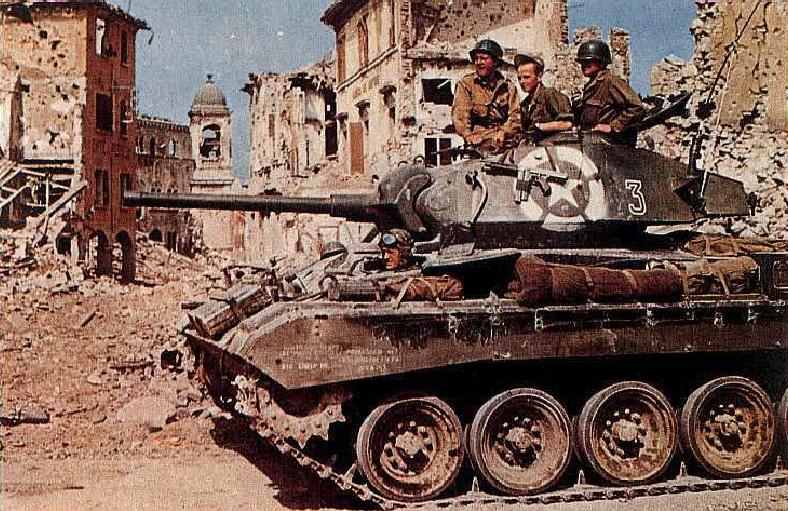
In retrospect, it almost seems that the Italian military was doomed to failure from the start and was thrown into a war that they were not equipped for, nor willing to fight for Mussolini’s cronies. The very fact that Italy became an aggressor during the war was solely to appease the arrogance of Mussolini (the fascist leader of Italy during ww2), without a thought to the preparation of the country.
The Italian army with lacked competent leadership and modern weapons, still had thrust in the battle. When ill-equipped forces of disheartened men were defeated, Il Duce could not see his own mistakes and simply labeled his men as cowards. However, it has been shown that while under command of competent German leadership, Italian troops fought very well – contributing to the final defeat of Greece and acts of great bravery on the Russian front.
In conclusion, it was these factors and not cowardice that leads to Italy’s poor performance during World War II. The thoughts of one veteran seem to sum up the situation:
“The Italians were smart enough to see that it was a lost cause, in the end, Germany would dominate anyway, so why get killed for nothing? It was brains, not cowardice.”
By Justin Demetri
Print and Online Sources:
An incredibly useful source to learn more about the military history of Italy during the Second World War is the website Comando Supremo, with plenty of articles dedicated to the history, the people, and the strategic choices of Italy during WW2.
Related Articles:
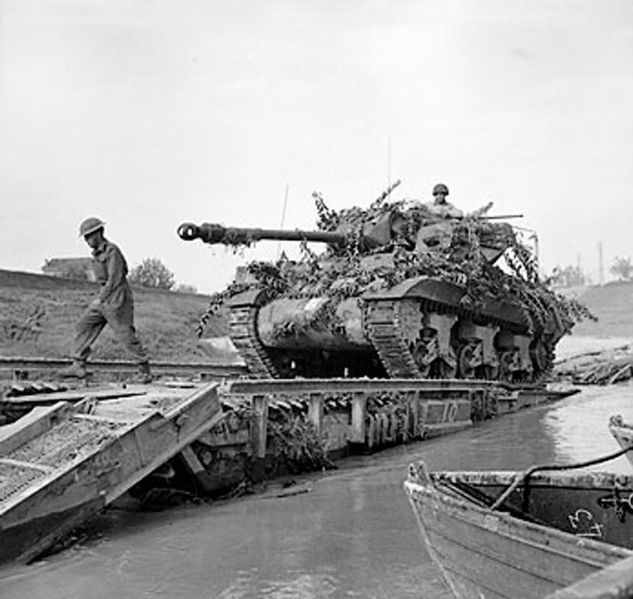


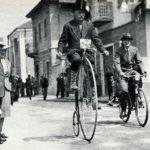






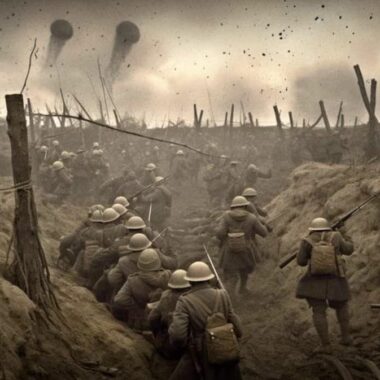
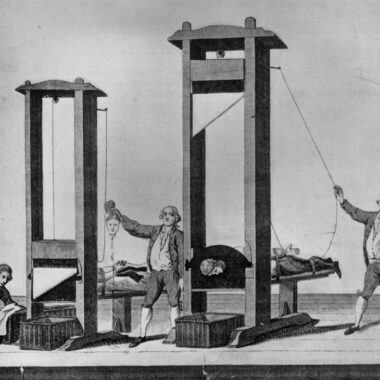
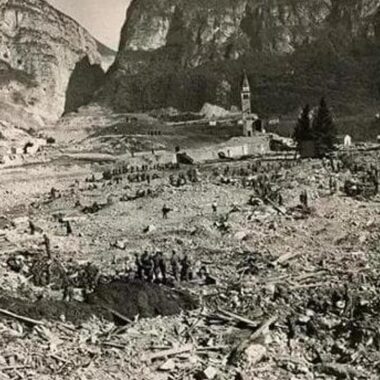
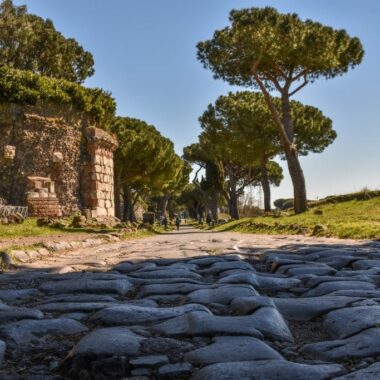

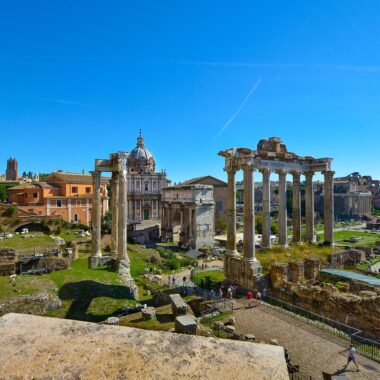
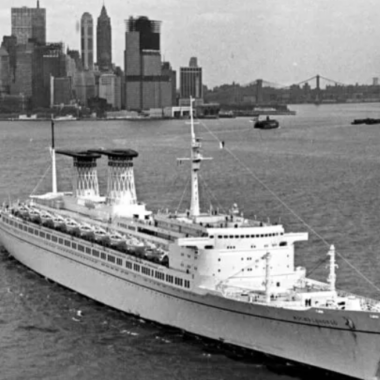
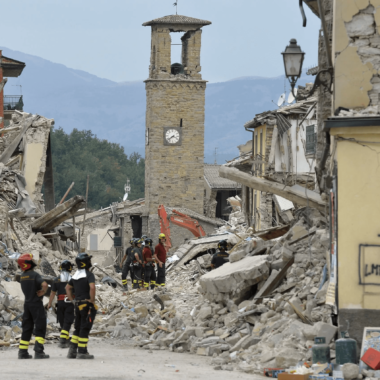

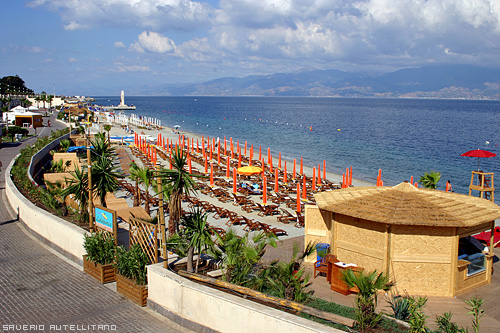
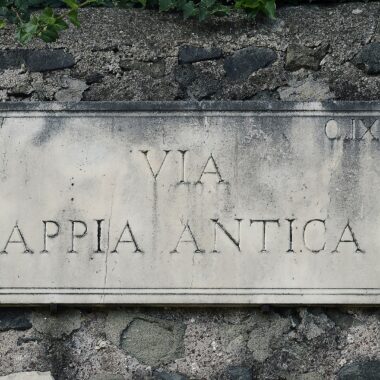
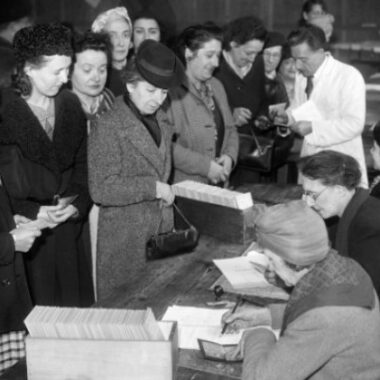

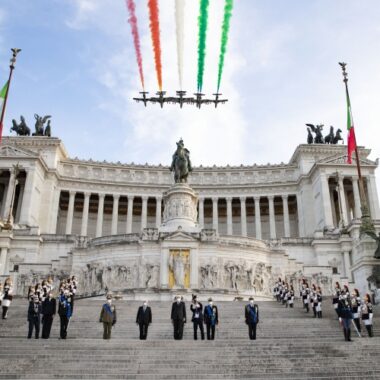
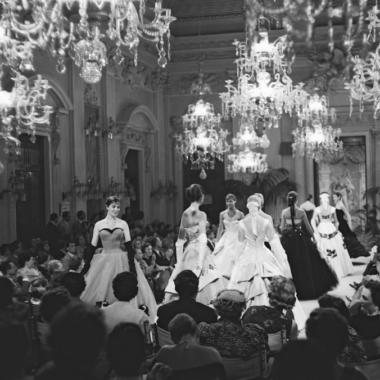
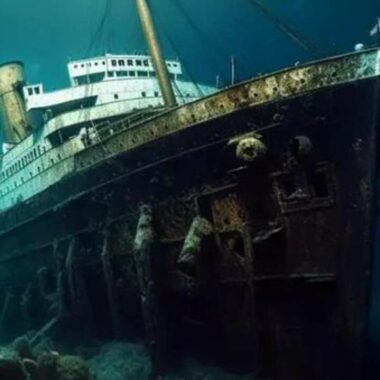
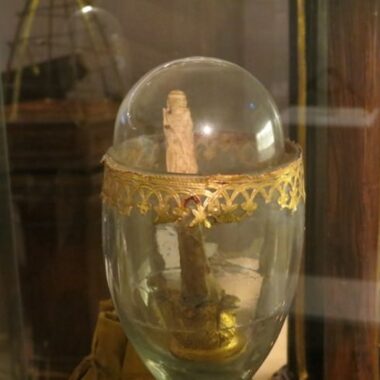
“ What a joke of a post. Italian soldiers were the disgrace of the germans,”
Most of your post is inaccurate. Italian formations were limited by poor armor, leadership, and arms…NOT the soldiers. Individual formations were often excellent.
Facts matter!
One case only: The American defeat at Kasserine Pass was by Italian troops.
What a joke of a post. Italian soldiers were the disgrace of the germans, Germany would be much better off alone than fighting with the Italians as allies. In fact Barbarossa was delayed because the disaster of Italian intervention in Greece sparked fear and turmoil in the balkans, so that Germany had to intervene to take control of the situation, postponing Barbarossa and thus giving the USSR a chance to stop the germans before the fall of Moscow, because winter had come. Had Barbarossa started earlier as planned, USSR would stand no chance and the war would be over.
It should be noted that Rommel considered the Italian Bersaglierri the finest light infantry in existence.
Let’s not omit that Italian-Americans were the LARGEST fraction of American forces during WWII
Yes I agree with your article which is a welcome departure from the usual brainless and sometimes racist stereotyping of Italy by those with little knowledge on the subject. Important to add that Italy was the last European State to become a unifies modern Nation and that it has no natural resources critical to sustain a war machine such as steel and petroleum and unable to source from it’s overseas territories as the Allies did. Also Britain and to a lesser extent with their Foreign Legion, were greatly assisted by their colonial subjects who in Britain’s case fought in large numbers. For Britain the largest numbers came from India, Australia, New Zealand, Canada and South Africa. Italy had none.
Your article states that “Italian industrial power was a mere fraction of that of Britain, France or Germany” given this fact, why did France perform so poorly in both First and Second World Wars? It took Germany seven weeks to defeat France in WW2 . France with it’s experienced Leaders and greater war machine … how many battles did it win on it’s own during the two world wars?